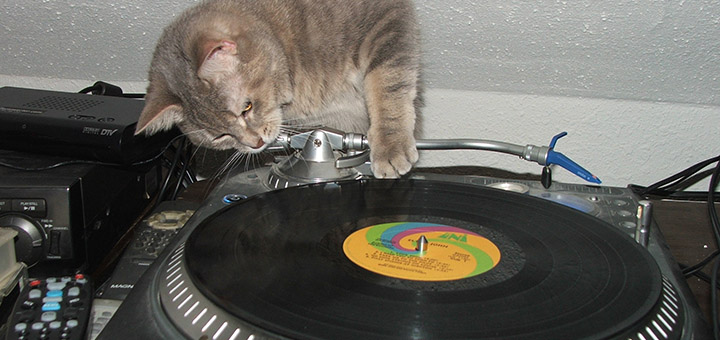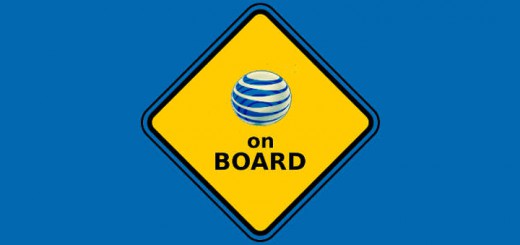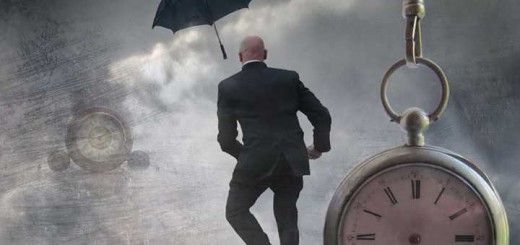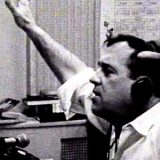Music To Our (Listeners’) Ears
 The RadioWorld magazine website contains an illuminating post about about the year (1941) radio boycotted ASCAP. What grabbed my attention was that the broadcasting industry formed the National Association of Broadcasters specifically to negotiate with ASCAP over the use of music in radio programs.
The RadioWorld magazine website contains an illuminating post about about the year (1941) radio boycotted ASCAP. What grabbed my attention was that the broadcasting industry formed the National Association of Broadcasters specifically to negotiate with ASCAP over the use of music in radio programs.
Hello, NAB. You might be called upon to relive the adventure, especially as more radio station operators elbow their way into podcasting.
Today, broadcast, satellite and Internet radio stations can easily play any copyrighted music because they can purchase statutory licenses from ASCAP, BMI, SESAC and/or SoundExchange that grant the necessary permissions and establish the associated royalties.
Podcasting Deserves a Level Playing Field
The music industry, in its infinite wisdom, has decided that the risk of piracy inherent in allowing songs in podcasts is so great that they want to tilt the playing field against podcasters. As a result, there are no comparable statutory licenses for podcasting. (This is the same infinite wisdom that sued a grandmother for piracy.)
While it’s theoretically possible to play popular songs in podcasts, it’s also theoretically possible to clap your hands and have them pass through each other (as a matter of fact, yes, I did study quantum physics in college). If I were a gambling man, I’d go with the clapping hands happening first.
Adrift in a Sea of Music Licenses
Podcasters need four separate licenses to play a copyrighted recording, and they have to negotiate these licenses, and their costs, separately for every recording they want to play:
- a license to use the words and music;
- a license to perform the song in public*;
- a license to reproduce the song (called a mechanical license);
- a license to use the actual recording.
On the other hand, the music industry has demonstrated a willingness to work with other web radio services. Recognizing that Internet streams are also be enticing to pirates, the music industry has agreed to rules about the number of tracks a streamer can include from a single album, the number of times the same artist can repeat in an hour and a few more, including a ban on specifying when a particular song is going to play.
Negotiate and Mitigate
Now is the time capitalize on this sliver of generosity. Why not negotiate some piracy-mitigating practices for podcasters, too? What might those look like?
I’ll offer some suggestions in my next post.








